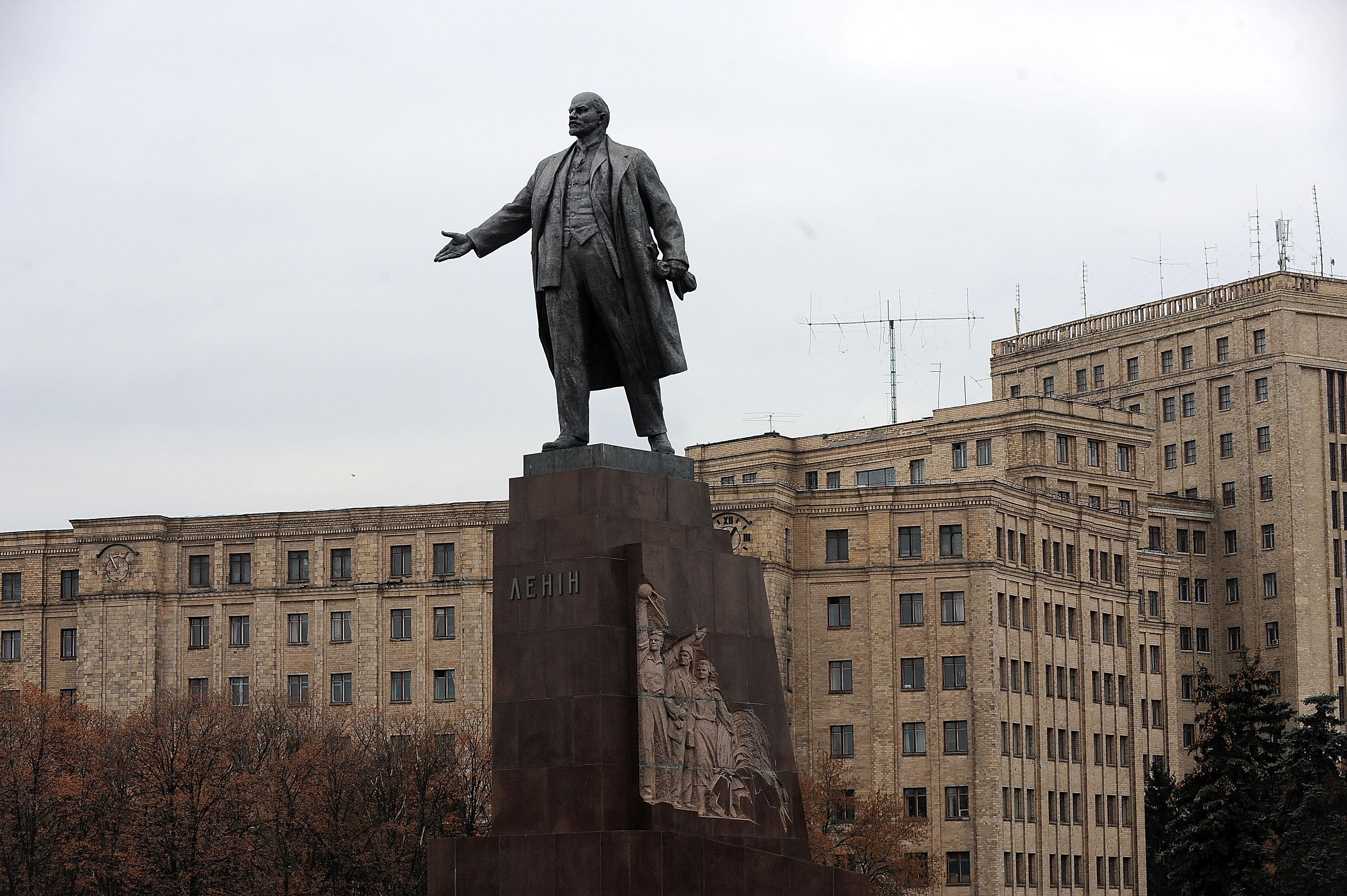Communism, as practiced in the USSR and its satellites, had a couple of salient features.
One is that it was a system of violent authoritarian government in which political dissent was ruthlessly crushed. The practical instantiation of this violence ranges from extreme episodes (Holodomor, Yezhovshchina) to the more banal ones depicted in a film like The Lives of Others.
The other is that the state controlled essentially all aspects of economic life. To get a job or a promotion, you needed, ultimately, approval by government officials. One of the great virtues of The Lives of Others is that it shows how this bore a more-than-incidental relationship to the political autocracy. In a capitalist economy, a worker’s boss is in a position to exert a great deal of control over the worker’s life. The coercive nature of this relationship is mitigated by the possibility of obtaining alternate employment or of relying on private savings or a social welfare state to survive a spell of unemployment. In the Soviet bloc, private saving on the necessary scale was impossible, the state operated as a monopsony employer, and there were no real avenues for self-employment or entrepreneurial activity. So the system of privatized economic coercion that exists in capitalist societies was greatly intensified, and then woven into the larger apparatus of political coercion.
Meanwhile, Jesse Myerson wrote a piece calling for five economic policy reforms each of which was given a very provocative subhead. Made to sound boring they are:
- Unconditional cash transfers rather than bureaucracy-intensive welfare programs
- Make-work government jobs for the unemployed
- Budget surpluses invested in private financial assets
- A land-value tax to raise revenue
- Some kind of scheme where a public bank would make subsidized loans
I am not as enthusiastic as Myerson about No. 2 and the appeal of No. 5 completely escapes me, but leaving the provocative headlines aside these are all perfectly plausible ideas. And yet when I tweeted as much, my feed has been full for days of grass-roots conservatives talking about how communism was terrible. And communism was terrible! Terrible largely because it wasn’t a make-work jobs program, it was a brutal system of coercion and violence. The worst thing you could possibly say about the Myerson Agenda is that this mix of policies might slow the rate of economic growth. That’s always a concern with proposed economic reforms and the stuff of everyday political debate.
But it does an enormous disservice to the hundreds of millions of people who suffered enormously under communism (and to the tens of millions still living in North Korea or Cuba) to treat the whole thing as some kind of misguided social welfare scheme where handouts and onerous regulations slowed the economic growth rate.
